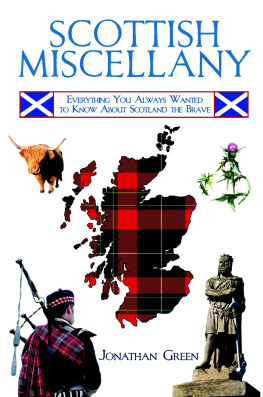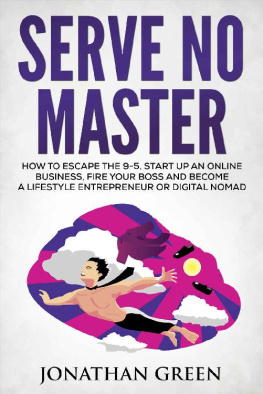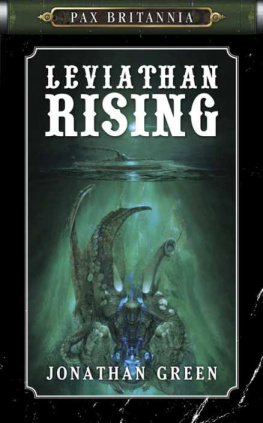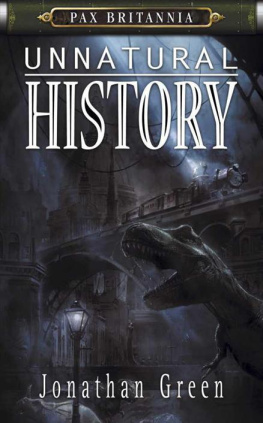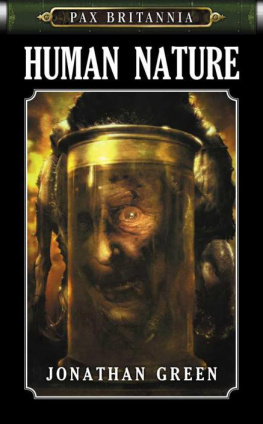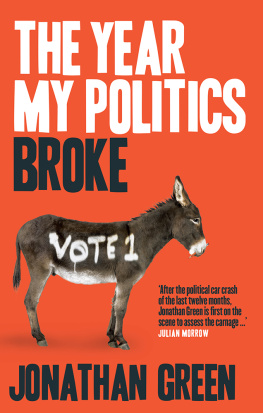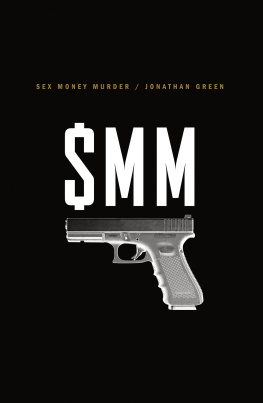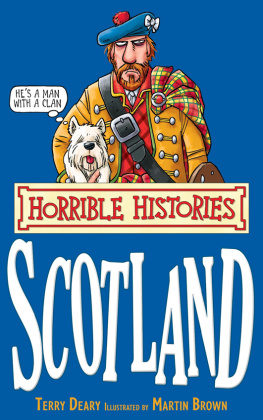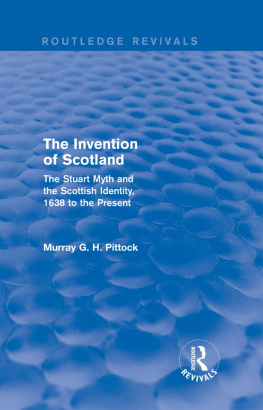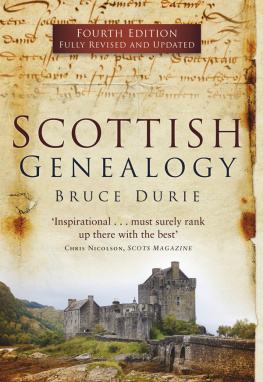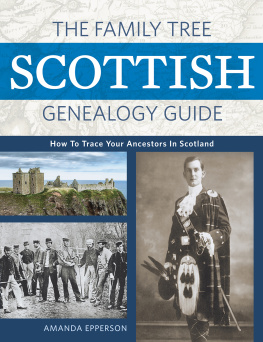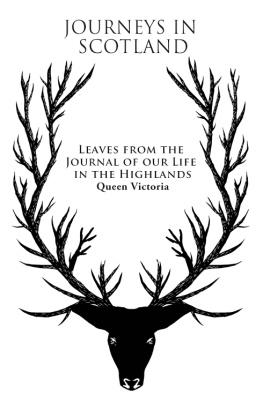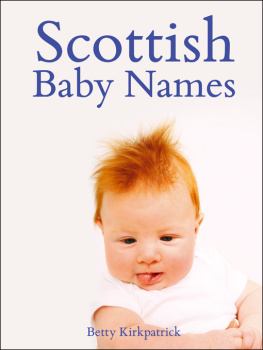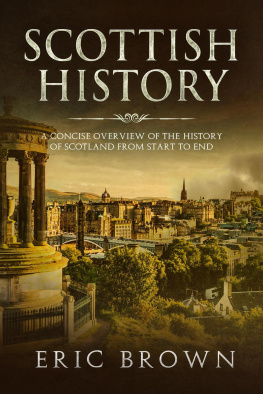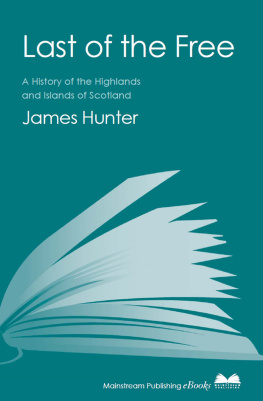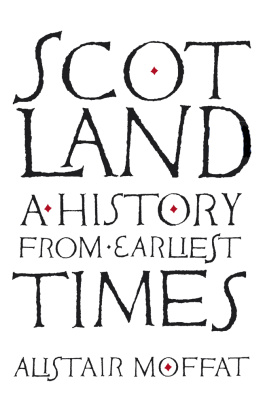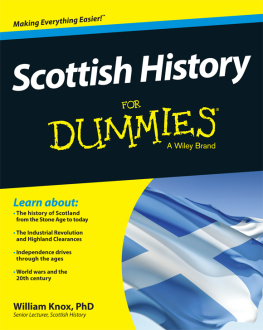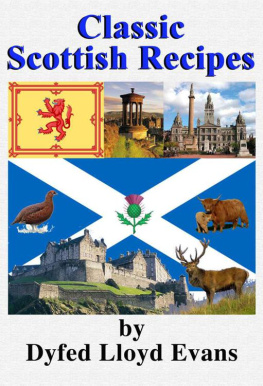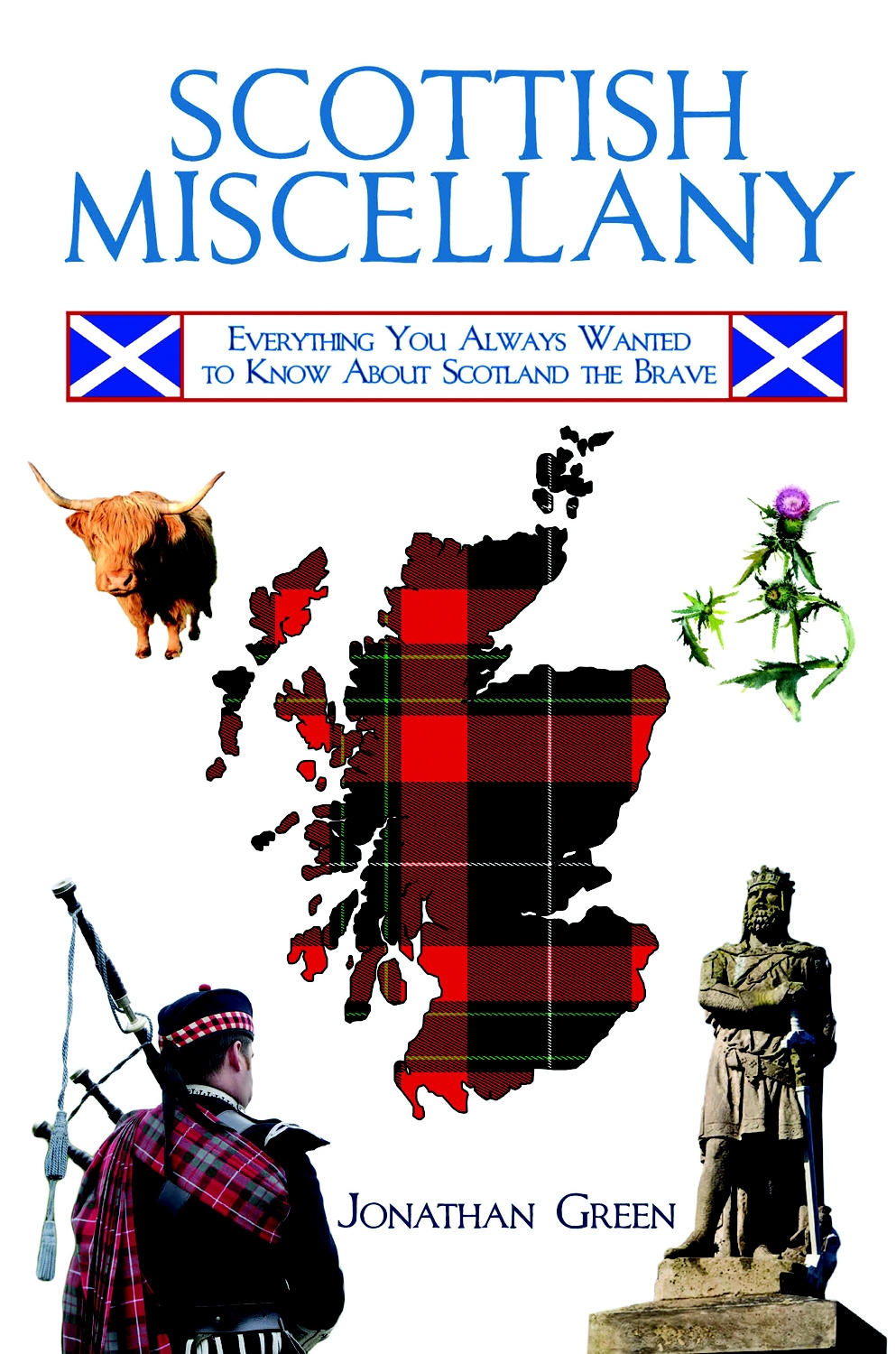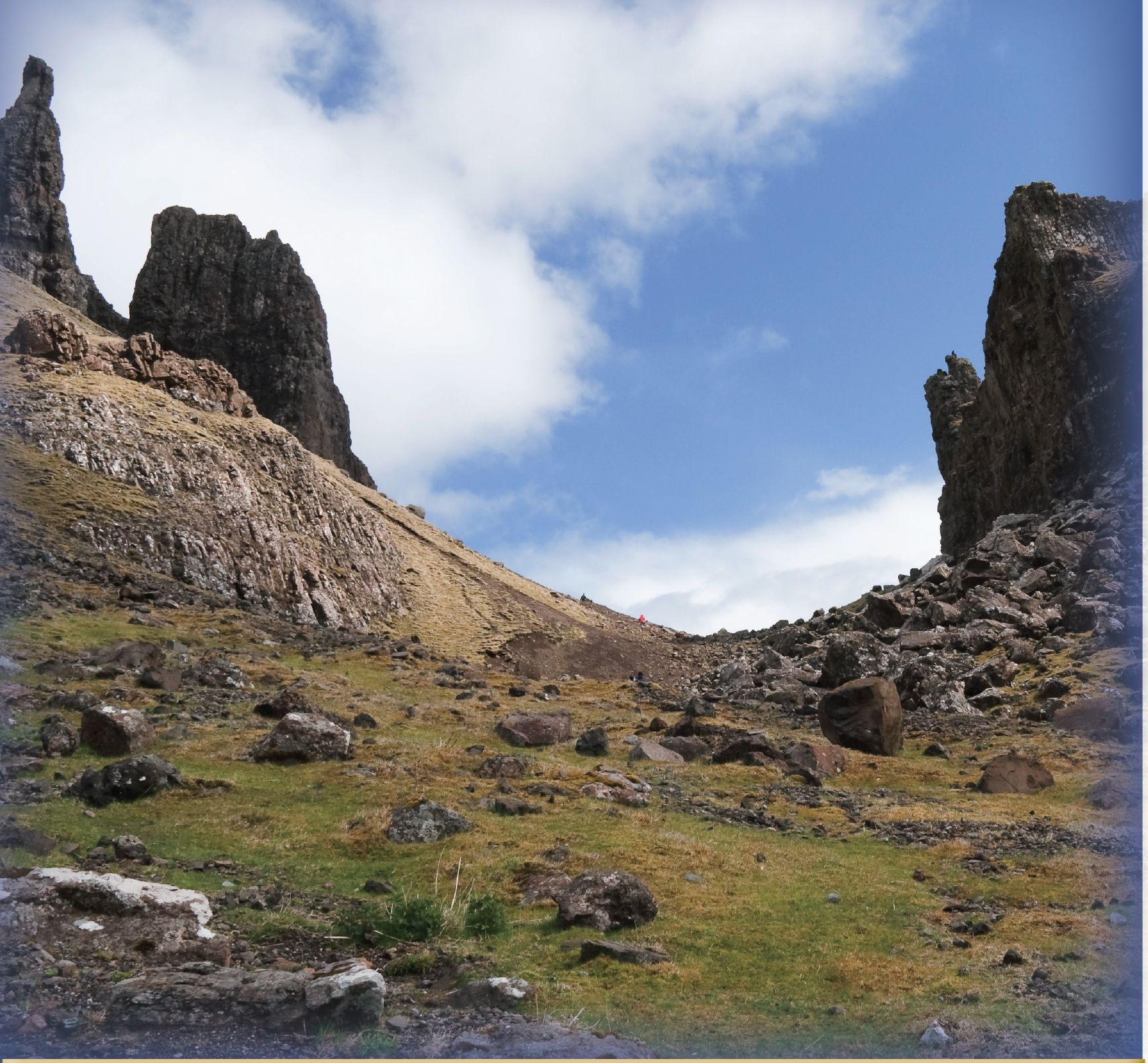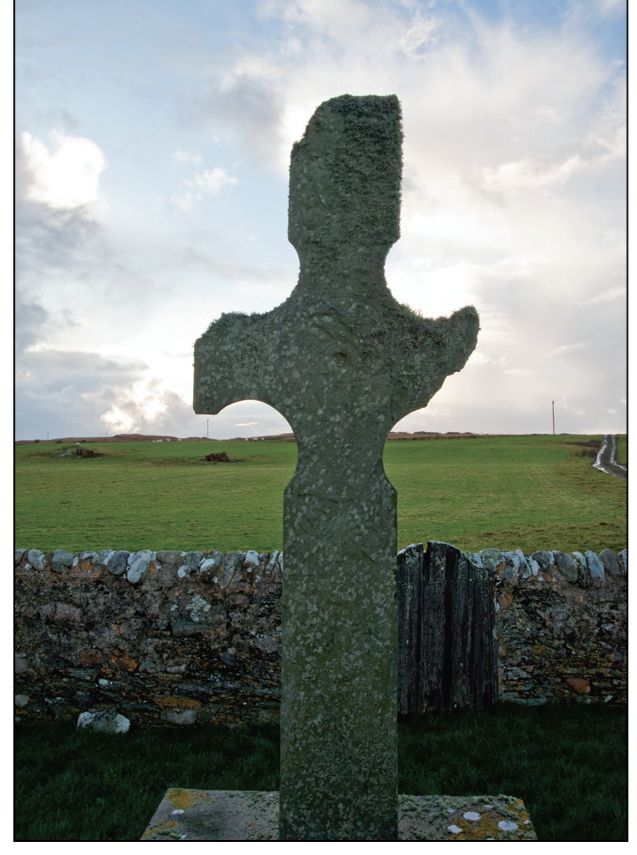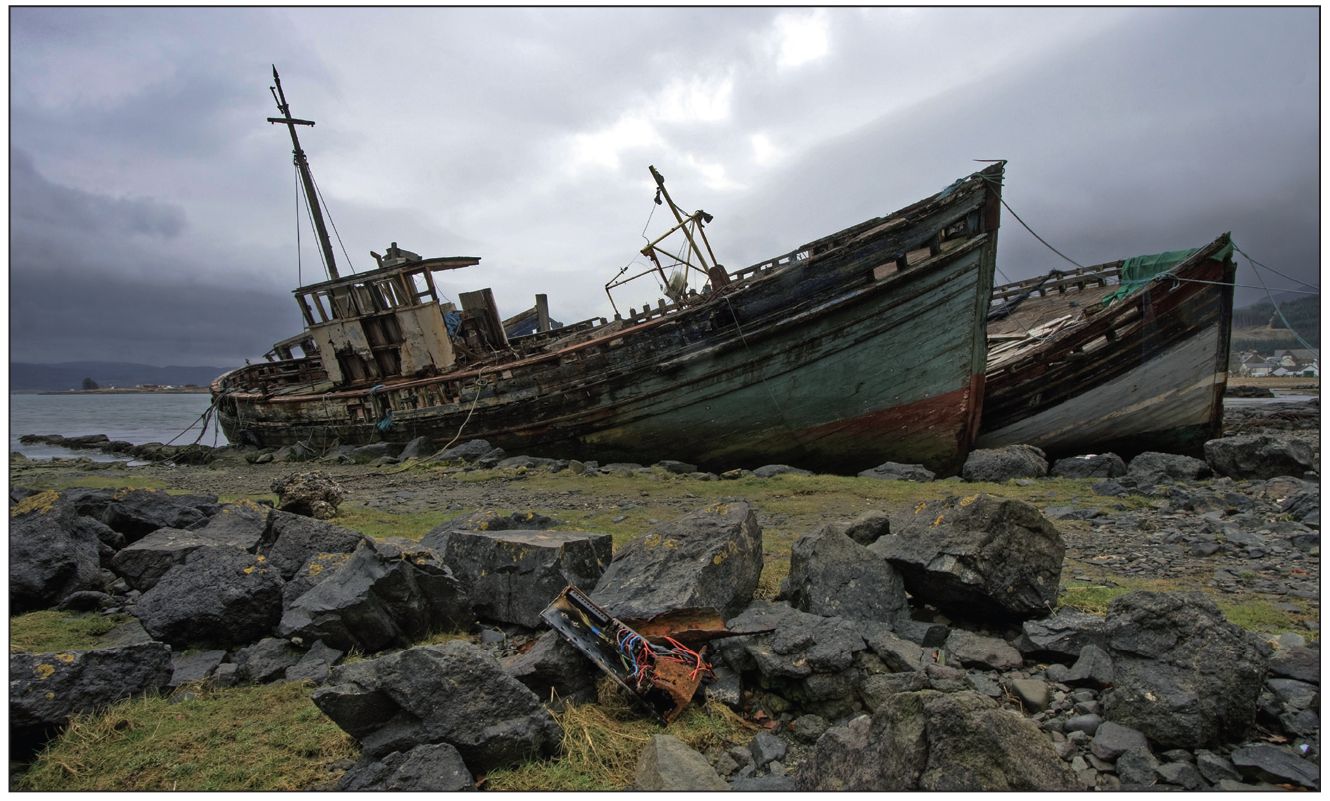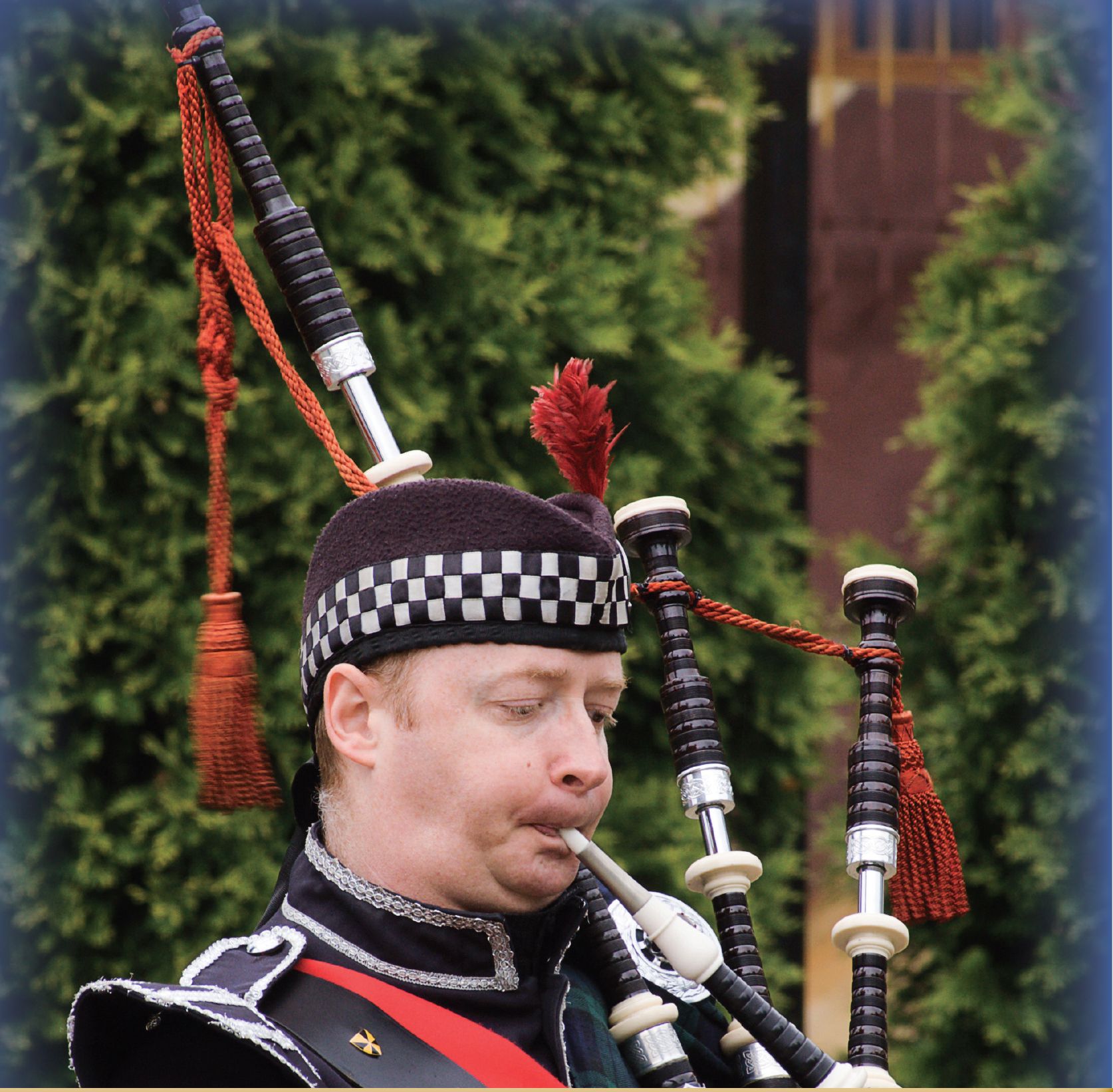Jonathan Green - Scottish Miscellany: Everything You Always Wanted to Know About Scotland the Brave
Here you can read online Jonathan Green - Scottish Miscellany: Everything You Always Wanted to Know About Scotland the Brave full text of the book (entire story) in english for free. Download pdf and epub, get meaning, cover and reviews about this ebook. year: 2010, publisher: Skyhorse Publishing, genre: Religion. Description of the work, (preface) as well as reviews are available. Best literature library LitArk.com created for fans of good reading and offers a wide selection of genres:
Romance novel
Science fiction
Adventure
Detective
Science
History
Home and family
Prose
Art
Politics
Computer
Non-fiction
Religion
Business
Children
Humor
Choose a favorite category and find really read worthwhile books. Enjoy immersion in the world of imagination, feel the emotions of the characters or learn something new for yourself, make an fascinating discovery.
- Book:Scottish Miscellany: Everything You Always Wanted to Know About Scotland the Brave
- Author:
- Publisher:Skyhorse Publishing
- Genre:
- Year:2010
- Rating:3 / 5
- Favourites:Add to favourites
- Your mark:
Scottish Miscellany: Everything You Always Wanted to Know About Scotland the Brave: summary, description and annotation
We offer to read an annotation, description, summary or preface (depends on what the author of the book "Scottish Miscellany: Everything You Always Wanted to Know About Scotland the Brave" wrote himself). If you haven't found the necessary information about the book — write in the comments, we will try to find it.
What does an Egyptian princess have to do with the birth of Scotland? How is Scotch whisky made? What is the Stone of Destiny? Who was the real Macbeth? What is Hogmanay, and what does auld lang syne actually mean?
These questions and many more are addressed in Scottish Miscellany, filled with facts, figures, fun, and fascinating explanations of Scottish phenomena. From culture, traditions, and folklore to ancient history to modern pastimes, covering everything from haggis to the highlands, this delightful book is an ideal read for anyone living in Scotland, planning a visit to Scotland, interested in Scotland, or carrying a drop of Scottish blood.
Jonathan Green: author's other books
Who wrote Scottish Miscellany: Everything You Always Wanted to Know About Scotland the Brave? Find out the surname, the name of the author of the book and a list of all author's works by series.

